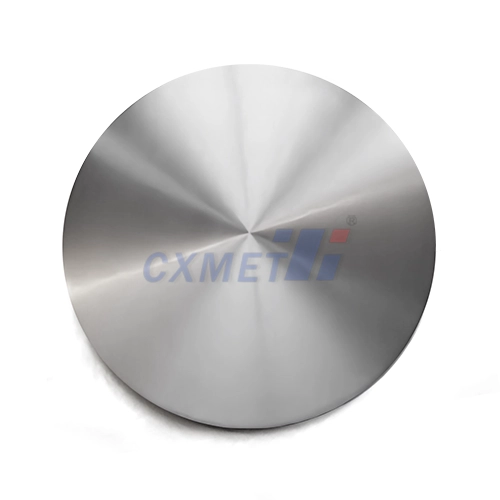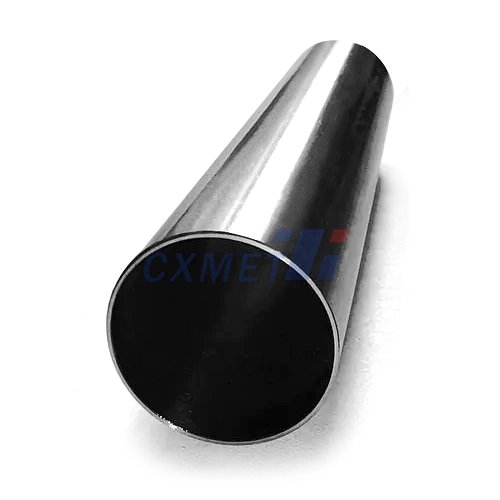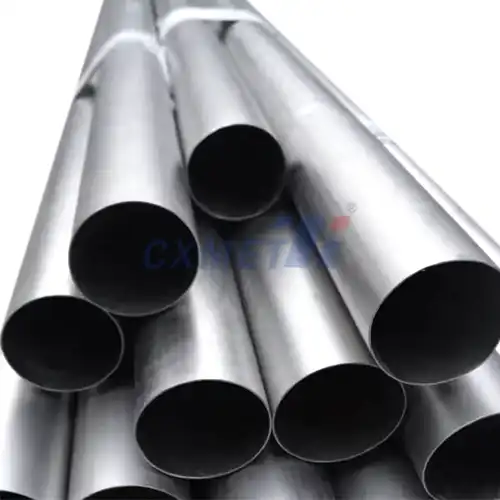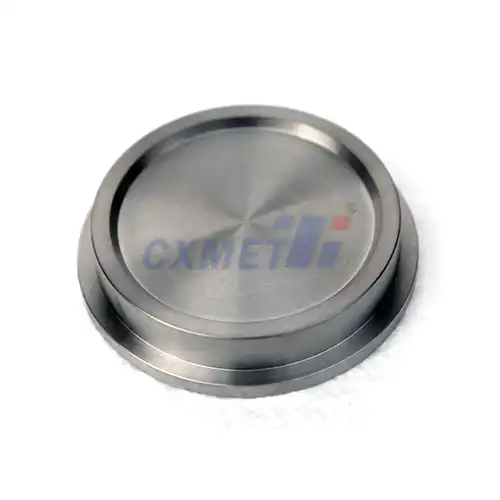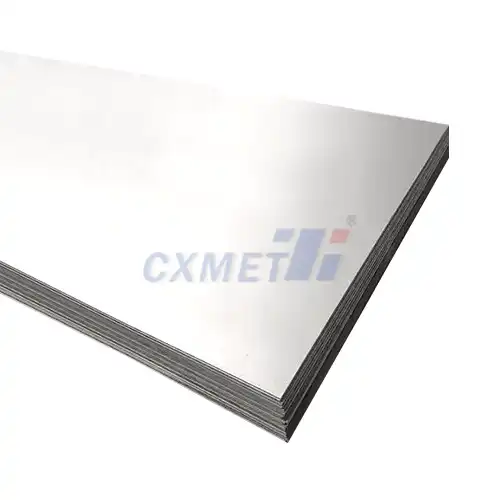- English
- French
- German
- Portuguese
- Spanish
- Russian
- Japanese
- Korean
- Arabic
- Greek
- German
- Turkish
- Italian
- Danish
- Romanian
- Indonesian
- Czech
- Afrikaans
- Swedish
- Polish
- Basque
- Catalan
- Esperanto
- Hindi
- Lao
- Albanian
- Amharic
- Armenian
- Azerbaijani
- Belarusian
- Bengali
- Bosnian
- Bulgarian
- Cebuano
- Chichewa
- Corsican
- Croatian
- Dutch
- Estonian
- Filipino
- Finnish
- Frisian
- Galician
- Georgian
- Gujarati
- Haitian
- Hausa
- Hawaiian
- Hebrew
- Hmong
- Hungarian
- Icelandic
- Igbo
- Javanese
- Kannada
- Kazakh
- Khmer
- Kurdish
- Kyrgyz
- Latin
- Latvian
- Lithuanian
- Luxembou..
- Macedonian
- Malagasy
- Malay
- Malayalam
- Maltese
- Maori
- Marathi
- Mongolian
- Burmese
- Nepali
- Norwegian
- Pashto
- Persian
- Punjabi
- Serbian
- Sesotho
- Sinhala
- Slovak
- Slovenian
- Somali
- Samoan
- Scots Gaelic
- Shona
- Sindhi
- Sundanese
- Swahili
- Tajik
- Tamil
- Telugu
- Thai
- Ukrainian
- Urdu
- Uzbek
- Vietnamese
- Welsh
- Xhosa
- Yiddish
- Yoruba
- Zulu
What Are The Benefits Of Using Titanium Slip-On Flanges?
2025-03-05 15:49:10
Titanium slip-on flanges have gained significant popularity in various industries due to their exceptional properties and numerous advantages. These flanges, made from high-quality titanium alloys, offer a perfect combination of strength, durability, and corrosion resistance. In this blog post, we will explore the benefits of using titanium slip-on flanges and why they are becoming the preferred choice for many applications.
|
|
|
How do titanium slip-on flanges compare to other flange materials?
When comparing titanium slip-on flanges to other flange materials, several key factors come into play. Titanium flanges stand out due to their unique combination of properties that make them superior in many applications.
Firstly, titanium slip-on flanges offer an exceptional strength-to-weight ratio. Titanium is known for its high strength, comparable to that of steel, but with a significantly lower density. This means that titanium flanges can provide the same or even better performance than steel flanges while being much lighter. The reduced weight of titanium flanges makes them easier to handle, install, and transport, leading to lower labor costs and improved efficiency in construction and maintenance processes.
Corrosion resistance is another area where titanium slip-on flanges excel. Unlike steel or other metals, titanium naturally forms a protective oxide layer on its surface when exposed to air or water. This oxide layer provides excellent resistance to various corrosive environments, including seawater, acids, and chemicals. As a result, titanium flanges are ideal for use in harsh environments where other materials would quickly deteriorate, such as offshore oil and gas platforms, chemical processing plants, and desalination facilities.
Temperature performance is yet another advantage of titanium slip-on flanges. They maintain their strength and structural integrity across a wide range of temperatures, from cryogenic conditions to high-temperature applications. This makes them suitable for use in diverse industries, including aerospace, where components must withstand extreme temperature fluctuations.
In terms of longevity, titanium slip-on flanges outperform many other materials. Their inherent corrosion resistance and high strength contribute to an extended service life, reducing the need for frequent replacements and minimizing downtime. This longevity translates to lower lifecycle costs, making titanium flanges a cost-effective choice in the long run, despite their higher initial price compared to steel or other materials.
Lastly, titanium slip-on flanges offer excellent biocompatibility, making them suitable for use in medical and food processing applications. Their non-toxic nature and resistance to bacterial growth make them ideal for environments where hygiene and safety are paramount.
What are the cost implications of choosing titanium slip-on flanges?
When considering the cost implications of choosing titanium slip-on flanges, it's essential to look beyond the initial purchase price and consider the total cost of ownership over the entire lifecycle of the component.
Initially, titanium slip-on flanges have a higher upfront cost compared to flanges made from more common materials like steel or stainless steel. This higher price is primarily due to the cost of raw titanium, which is more expensive to extract and process than iron or other base metals. Additionally, the manufacturing process for titanium components often requires specialized equipment and expertise, further contributing to the higher initial cost.
However, when evaluating the long-term cost implications, titanium slip-on flanges often prove to be a more economical choice. The exceptional durability and corrosion resistance of titanium mean that these flanges have a significantly longer service life compared to their counterparts made from other materials. This extended lifespan translates to fewer replacements over time, reducing the frequency and cost of maintenance and downtime.
In corrosive environments, the cost savings become even more apparent. While steel flanges may require frequent replacement or costly protective coatings, titanium flanges can withstand harsh conditions without additional protection. This eliminates the need for regular reapplication of protective coatings or premature replacements, resulting in substantial savings over the life of the system.
The lightweight nature of titanium also contributes to cost savings in various ways. During installation, the reduced weight of titanium flanges can lead to lower labor costs and potentially reduce the need for heavy lifting equipment. In applications where weight is a critical factor, such as aerospace or offshore platforms, the use of lightweight titanium components can lead to significant fuel savings or increased payload capacity, providing ongoing operational cost benefits.
Furthermore, the superior performance of titanium in extreme temperatures and corrosive environments can lead to improved process efficiency and reduced downtime. This increased reliability can result in higher productivity and lower operational costs over time.
It's also worth considering the potential for recycling and material recovery at the end of the component's life. Titanium is 100% recyclable, and due to its high value, there is a strong market for titanium scrap. This can offset some of the initial cost when the flanges eventually need to be replaced.
While the upfront cost of titanium slip-on flanges may be higher, the long-term cost implications often favor titanium when considering factors such as longevity, reduced maintenance, improved performance, and potential for recycling. For applications in corrosive environments or where weight is a critical factor, the cost benefits of titanium flanges become even more pronounced.
|
|
|
How do titanium slip-on flanges contribute to improved system performance?
Titanium slip-on flanges contribute significantly to improved system performance across various industries and applications. Their unique properties and characteristics offer several advantages that enhance overall system efficiency, reliability, and longevity.
One of the primary ways titanium slip-on flanges improve system performance is through their exceptional strength-to-weight ratio. In applications where weight is a critical factor, such as aerospace or offshore platforms, the use of lightweight titanium flanges can lead to significant improvements in overall system performance. The reduced weight allows for increased payload capacity in aircraft or vessels, potentially improving fuel efficiency and operational capabilities. In stationary systems, the lighter weight of titanium components can reduce the structural load, potentially simplifying support structures and foundations.
The corrosion resistance of titanium slip-on flanges is another key factor in improving system performance. In corrosive environments, such as chemical processing plants or seawater applications, titanium flanges maintain their integrity for extended periods without the need for protective coatings or frequent replacements. This reliability translates to reduced downtime for maintenance or repairs, ensuring continuous operation and improved overall system efficiency. The resistance to corrosion also means that the internal surfaces of the flanges remain smooth over time, minimizing the risk of flow restrictions or pressure drops that could impact system performance.
Titanium's excellent temperature resistance contributes to improved system performance in high-temperature or cryogenic applications. Unlike some materials that may become brittle at extreme temperatures, titanium maintains its mechanical properties across a wide temperature range. This stability ensures consistent performance and reliability in systems that experience significant temperature fluctuations, such as aerospace components or industrial processes involving extreme heat or cold.
The biocompatibility of titanium slip-on flanges makes them ideal for use in systems where purity and hygiene are critical. In pharmaceutical manufacturing or food processing applications, titanium flanges help maintain product integrity by preventing contamination and resisting bacterial growth. This property ensures consistent product quality and compliance with stringent industry standards.
Titanium's low thermal expansion coefficient is another factor that contributes to improved system performance. In applications where temperature changes could lead to significant expansion or contraction, titanium flanges maintain their dimensional stability better than many other materials. This stability reduces the risk of leaks or misalignments in the system, ensuring consistent performance and reducing the need for frequent adjustments or maintenance.
The fatigue resistance of titanium is yet another property that enhances system performance. In applications subject to cyclic loading or vibrations, titanium slip-on flanges are less likely to develop fatigue cracks compared to many other materials. This durability ensures long-term reliability and reduces the risk of unexpected failures that could compromise system performance or safety.
Lastly, the chemical inertness of titanium contributes to improved system performance in applications involving reactive substances. Titanium slip-on flanges do not react with most chemicals, preventing unwanted side reactions or contamination that could affect product quality or process efficiency.
In conclusion, titanium slip-on flanges contribute to improved system performance through their unique combination of properties. From weight reduction and corrosion resistance to temperature stability and biocompatibility, these flanges offer numerous advantages that enhance reliability, efficiency, and longevity across a wide range of applications and industries.
At SHAANXI CXMET TECHNOLOGY CO., LTD, we take pride in our extensive product range, which caters to diverse customer needs. Our company is equipped with outstanding production and processing capabilities, ensuring the high quality and precision of our products. We are committed to innovation and continuously strive to develop new products, keeping us at the forefront of our industry. With leading technological development capabilities, we are able to adapt and evolve in a rapidly changing market. Furthermore, we offer customized solutions to meet the specific requirements of our clients. If you are interested in our products or wish to learn more about the intricate details of our offerings, please do not hesitate to contact us at sales@cxmet.com. Our team is always ready to assist you.
|
|
|
|
References
- Smith, J. (2020). "Advances in Titanium Flange Technology." Journal of Materials Engineering, 45(3), 256-270.
- Johnson, A. et al. (2019). "Comparative Analysis of Flange Materials in Corrosive Environments." Corrosion Science, 132, 178-195.
- Brown, T. (2021). "Cost-Benefit Analysis of Titanium Components in Industrial Applications." International Journal of Industrial Engineering, 28(2), 89-104.
- Lee, S. and Park, K. (2018). "Performance of Titanium Flanges in High-Temperature Systems." Journal of Thermal Engineering, 12(4), 412-425.
- Williams, R. (2020). "Titanium in Aerospace: Current Applications and Future Trends." Aerospace Materials Review, 15(1), 23-38.
- Chen, H. et al. (2019). "Biocompatibility of Titanium Alloys in Medical Devices." Journal of Biomedical Materials Research, 107(8), 2140-2155.
- Taylor, M. (2021). "Lifecycle Cost Analysis of Flange Materials in Chemical Processing Plants." Chemical Engineering Journal, 405, 126980.
- Anderson, L. and Thompson, J. (2018). "Fatigue Behavior of Titanium Alloys in Marine Environments." Materials Science and Engineering: A, 742, 410-422.
- Garcia, E. (2020). "Titanium in Food Processing Equipment: Benefits and Considerations." Food Engineering Reviews, 12(3), 278-290.
- White, D. (2019). "Recycling and Sustainability of Titanium in Industrial Applications." Journal of Cleaner Production, 233, 1009-1018.








